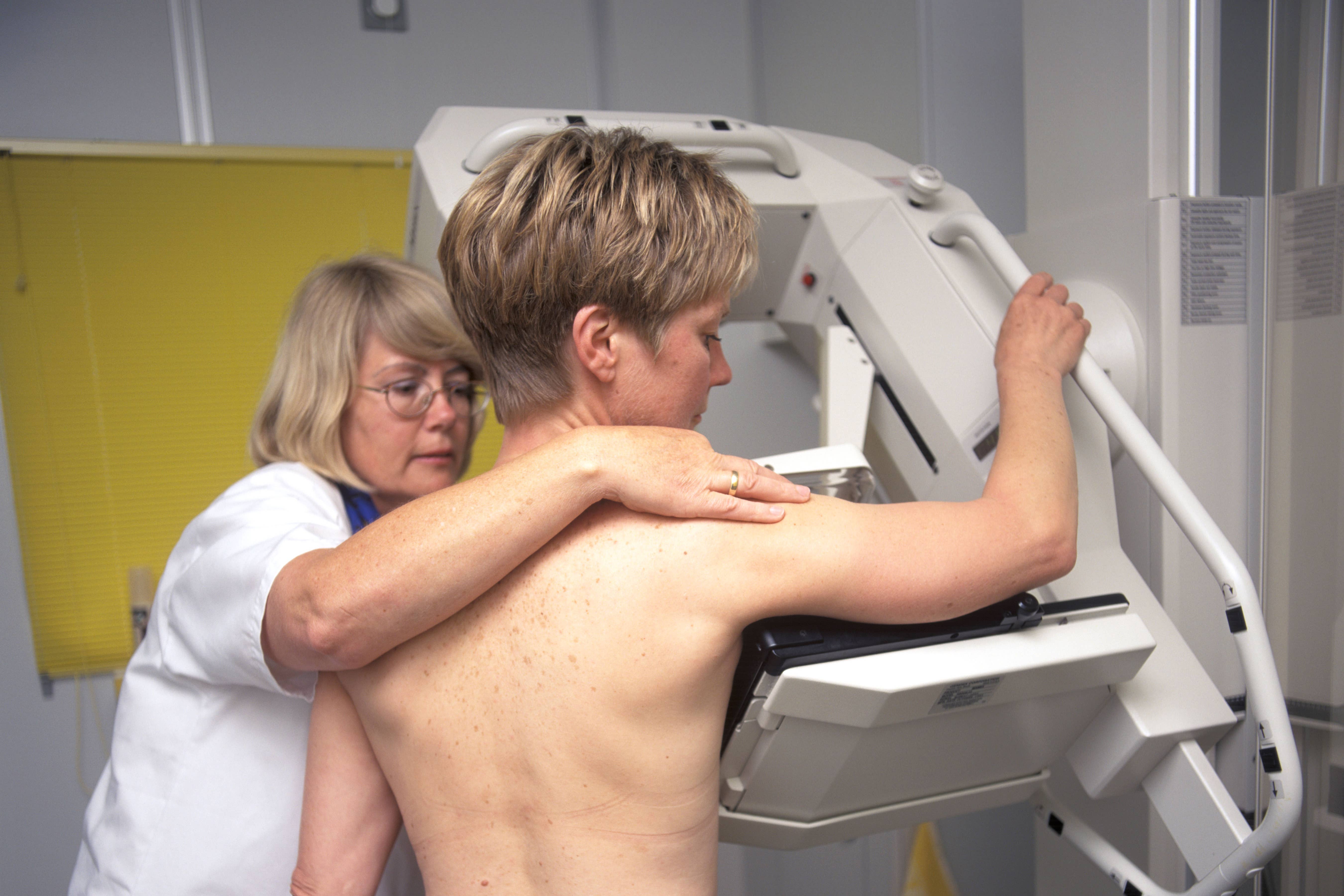A "huge breakthrough" in breast cancer treatment has arrived with the NHS approval of a twice-daily pill for the most common form of advanced disease.
The drug, capivasertib (also known as Truqap), offers new hope for up to 3,000 women annually with hormone receptor (HR)-positive, HER2-negative breast cancer harbouring specific genetic mutations and exhibiting spread.
Capivasertib, developed by AstraZeneca, targets the AKT protein, a molecule known to fuel the multiplication of cancer cells.
By inhibiting AKT's action, the drug effectively slows or halts the progression of the disease. Clinical trials have demonstrated the drug's efficacy, revealing that when combined with the hormone therapy, fulvestrant, capivasertib extended the period before cancer advancement by an average of 4.2 months compared to patients receiving fulvestrant and a placebo.
This translates to an improvement from 3.1 months to 7.3 months before disease progression.
The Institute of Cancer Research, London (ICR), which has dedicated decades of research to this area, lauded the NHS decision as a significant step forward.
The new drug is suitable for patients’ tumours with mutations or alterations in the PIK3CA, AKT1 or PTEN genes, which are found in approximately half of patients with this form of breast cancer.

Professor Nicholas Turner, from the ICR and the Royal Marsden NHS Foundation Trust, led a major trial into the drug.
He said: “This positive Nice (National Institute for Health and Care Excellence) recommendation means that thousands of NHS patients with advanced breast cancer with these specific biomarkers can now receive this innovative targeted treatment to keep their cancer from progressing for longer.
“It’s an immensely rewarding moment to see this drug provide patients with a treatment option and precious extra time with their families.
“It is now crucial that advanced breast cancer patients have their cancer tested to identify those who could benefit from this capivasertib combination.”
Professor Kristian Helin, chief executive of the ICR, said: “This announcement is a triumph that will improve treatment for these patients with the most common type of advanced breast cancer.
“Around half of patients with this kind of breast cancer have mutations in one or more of the genes, and for these patients, capivasertib can halt disease progression.
“I’m delighted that access to the drug is being expanded to NHS patients in England and Wales who are in desperate need of better options.
“The approval is also a significant achievement for the ICR, and a great success story for British science.
“Decades of discovery science work and a major drug discovery project by ICR researchers, along with a crucial partnership with Astex Pharmaceuticals, paved the way to the discovery of capivasertib by AstraZeneca.”
Professor Paul Workman, former chief executive of the ICR and researcher in the AKT drug discovery project, has previously said the drug is a “huge breakthrough”.
He said of the Nice approval: “I am delighted to celebrate this landmark moment and see capivasertib become available on the NHS.
“The drug’s discovery and development, following early fundamental research, has been a long scientific journey for myself and the outstanding teams of scientists at the ICR, Astex and AstraZeneca.
“It’s immensely gratifying that years of collaboration have contributed to this new cancer drug, which has the potential to improve the lives of so many NHS patients living with advanced breast cancer.”
Main symptoms of breast cancer in women
NHS
Symptoms of breast cancer in women may include:
- a lump, or swelling in your breast, chest or armpit
- a change in the skin of your breast, such as dimpling (may look like orange peel) or redness (may be harder to see on black or brown skin)
- a change in size or shape of 1 or both breasts
- nipple discharge (if you are not pregnant or breastfeeding), which may have blood in it
- a change in the shape or look of your nipple, such as it turning inwards (inverted nipple) or a rash on it (may look like eczema)
- pain in your breast or armpit which does not go away – breast pain that comes and goes is usually not a symptom of breast cancer
Claire Rowney, chief executive of Breast Cancer Now, welcomed the approval but said an initial rejection by Nice over uncertainties in the evidence had led to delays.
“This happens too often and urgent action must be taken to ensure the quick approval of breast cancer drugs so they can be made available promptly to those who need them,” she said.
“NHS England must now put in place prompt genetic testing to ensure those eligible receive capivasertib without further delay.
“The Scottish Medicines Consortium must also consider this treatment at pace now, so that we see it made available to all who need it across the UK.”
Professor Peter Johnson, national clinical director for Cancer at NHS England, said the treatment would not be suitable for everyone but giving patients more time “before more intensive therapies are required is an important part of our drive to personalise cancer care and improve quality of life for patients wherever possible”.
Helen Knight, director of medicines evaluation at Nice, said it had heard about the “devastating impact that being diagnosed with advanced breast cancer has on people’s lives”.
She said Nice was “pleased the company has worked with us so that we are able to recommend this promising new treatment as a good use of NHS resources and value for money for taxpayers.”
‘Landmark moment’ as new pill approved for common type of advanced breast cancer
New bladder cancer treatment rolled out by NHS
Tories could go into coalition with Reform on local councils, says Badenoch
Ad watchdog announces crackdown on weight loss drug promotion
Trump leans into RFK’s conspiracies about vaccines and autism: ‘Maybe it’s a shot’
One pregnant woman dies every two minutes globally, shocking new figures reveal







